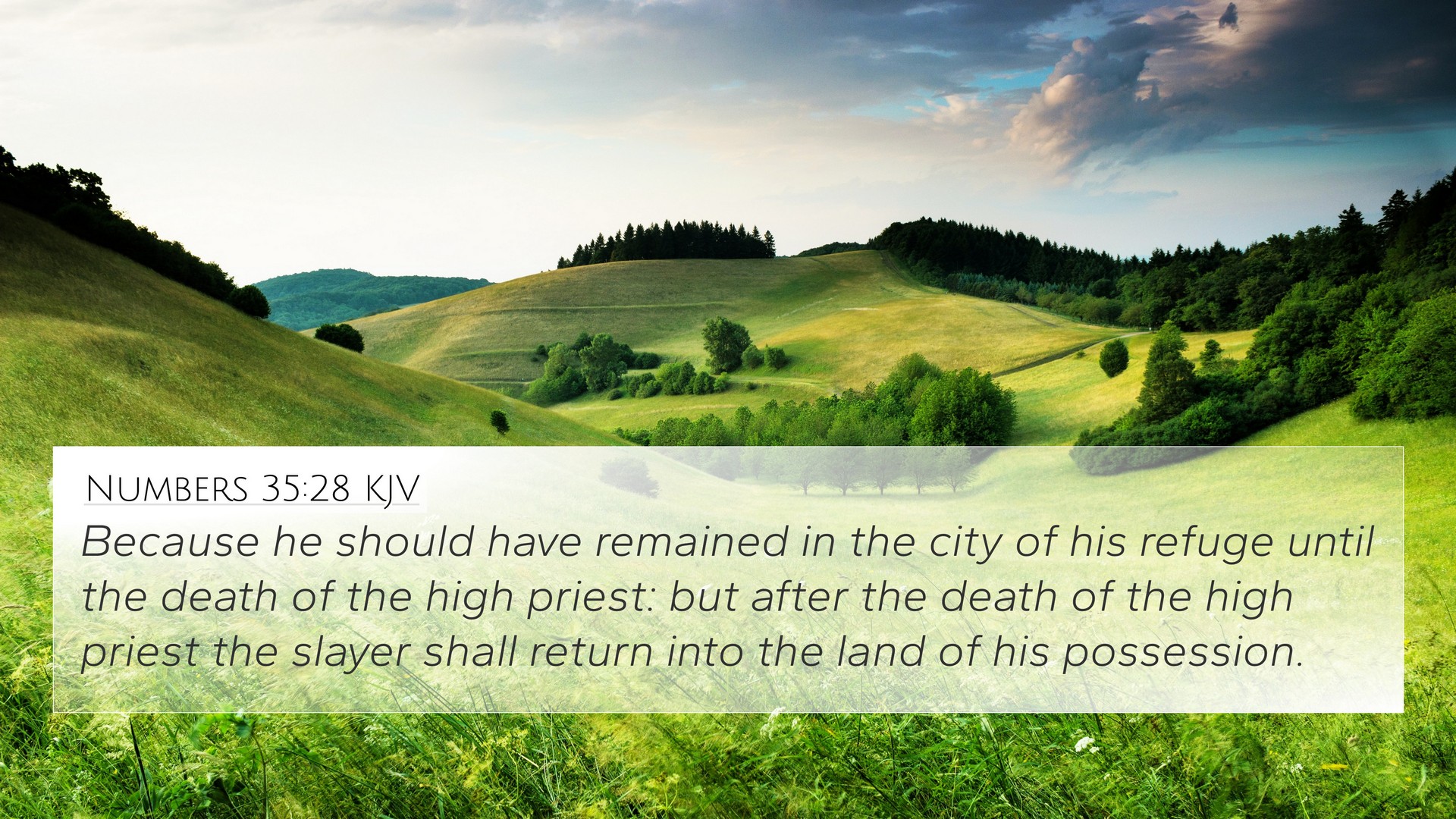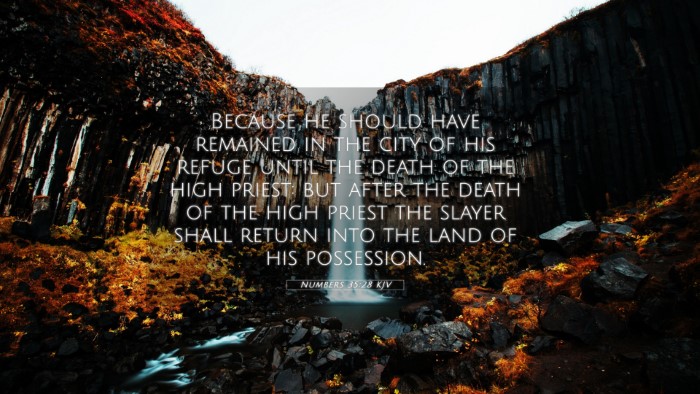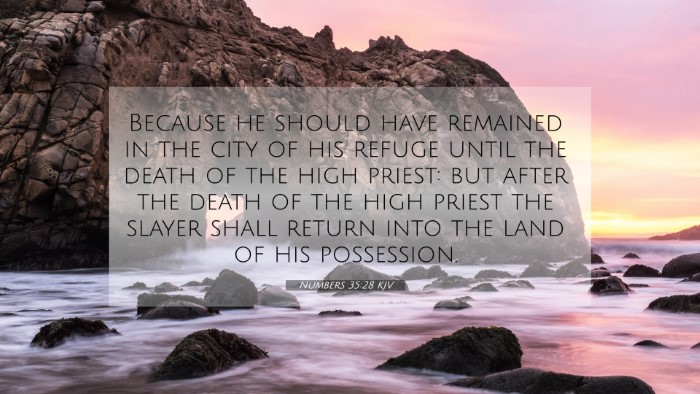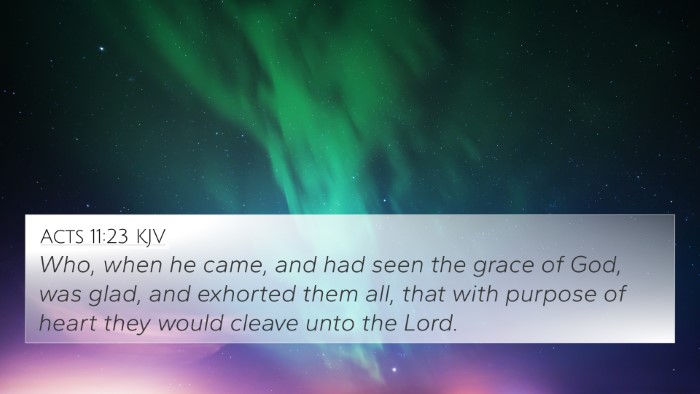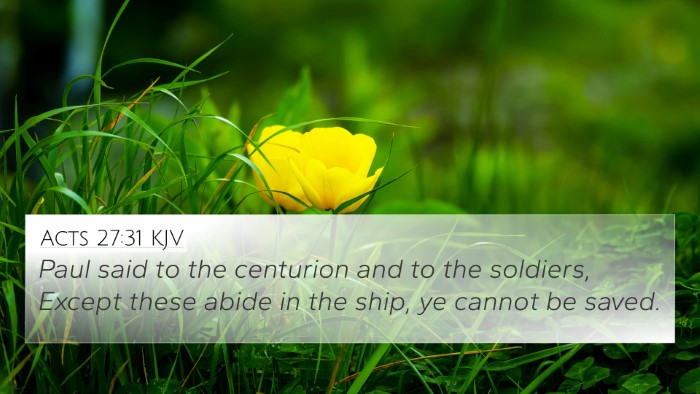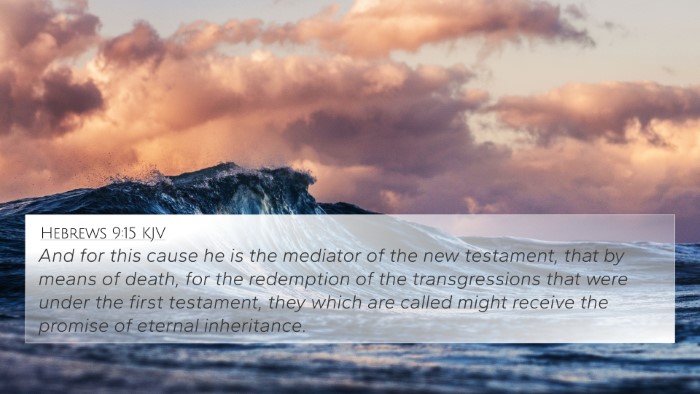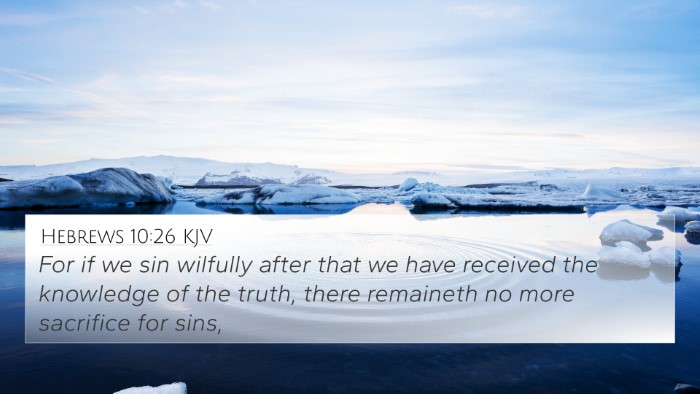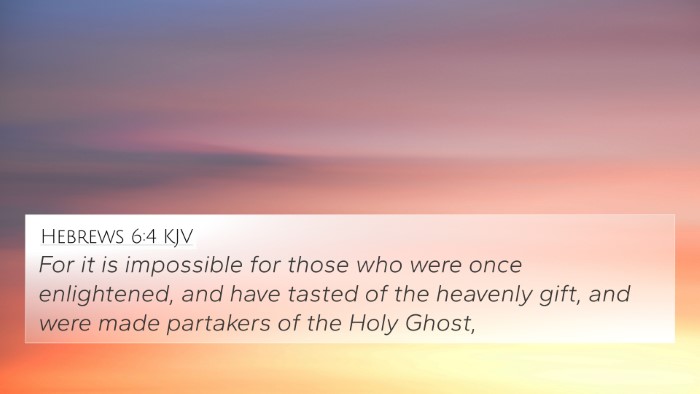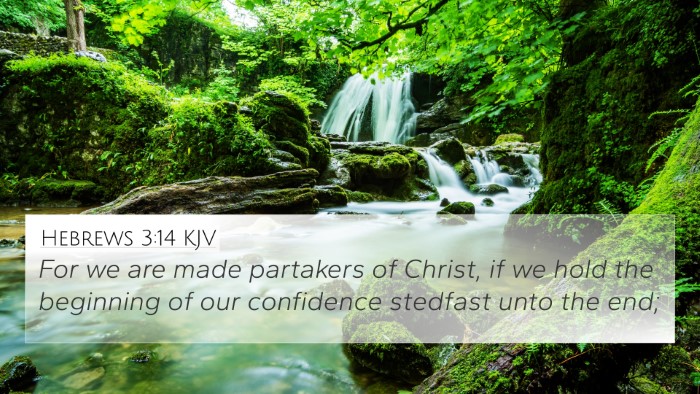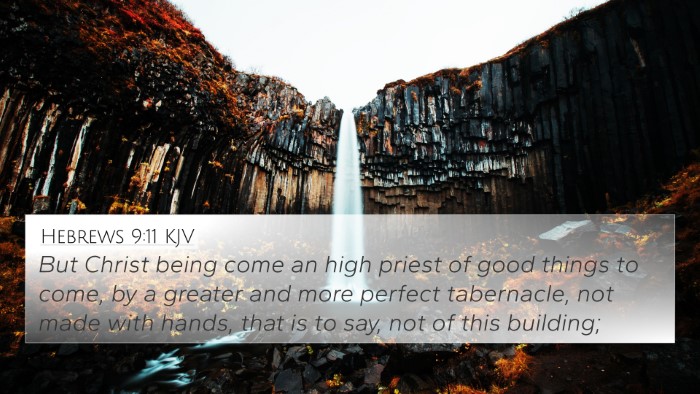Understanding Numbers 35:28
Verse Text: "Because he should have remained in his city of refuge until the death of the high priest; but after the death of the high priest, the slayer shall return to the land of his possession." (Numbers 35:28)
Summary and Interpretation
The verse Numbers 35:28 addresses the laws regarding cities of refuge that were established to provide asylum for individuals who unintentionally committed manslaughter. The scripture underscores the significance of adhering to God's provisions for justice and mercy within the community.
Key Ideas:
- The protection of the unintentional offender through the city of refuge.
- The role of the high priest in the spiritual and communal context.
- The concept of justice intertwined with mercy.
Commentary Insights
Matthew Henry's Commentary
Henry emphasizes that the cities of refuge were established for the protection of those who committed manslaughter without malice. He argues that the death of the high priest signifies the completion of the atonement process, allowing the offender to return home. This reflects God's just nature, allowing for both justice and desire for reconciliation within His people.
Albert Barnes' Commentary
Barnes points out that the arrangement provided not only a legal escape for the manslayer but also integrated divine principles of justice. He interprets the high priest's death as a pivotal moment corresponding to spiritual deliverance, drawing parallels with Christ's sacrifice, which opens the way for believers to return to their rightful place in communion with God.
Adam Clarke's Commentary
Clarke elaborates on the importance of the high priest's role in the Israelite community. He notes that until the high priest died, the manslayer must remain in the city of refuge, highlighting a connection to the themes of grace and sanctuary offered by divine law. The interplay of law and compassion in this passage is crucial for understanding God’s overall plan for human justice.
Cross-References
This verse finds significant connections across various Scriptures that enhance its understanding:
- Deuteronomy 19:1-13 - Details the establishment and regulations concerning cities of refuge.
- Hebrews 6:19-20 - Discusses Christ as our refuge and the hope that anchors the soul.
- 1 Peter 2:9 - Describes believers as a chosen people, emphasizing God's call to live in a new identity.
- Romans 8:1 - States there is no condemnation for those who are in Christ, mirroring the concept of refuge.
- Matthew 5:21-22 - Expands on the understanding of murder and intent, aligning with themes in Numbers 35.
- John 10:11 - Echoes themes of protection and the Good Shepherd who sacrifices for His sheep.
- Psalm 91:2 - A declaration of God as a refuge and fortress, supporting the theme of safety.
Thematic Connections
These interlinking themes provide a rich tapestry of understanding how Numbers 35:28 fits within the broader narrative of Scripture:
- Justice and Mercy: The contrasting yet complementary aspects of God's character in administering justice while providing refuge.
- Role of Leadership: The influence of the high priest in the community, analogous to Christ's intercessory role.
- Redemption: The journey from condemnation (manslaughter) to restoration (returning home), mirroring the believer’s journey to faith.
Applications for Study
This verse and its surrounding context encourage several practical explorations:
- Exploring Cross-References: Utilize tools for Bible cross-referencing to delve deeper into the themes of justice and sanctuary in Scripture.
- Comparative Analysis: Employ comparative Bible verse analysis to connect Old Testament legal frameworks with New Testament redemption narratives.
- Thematic Studies: Conduct thematic Bible verse connections focusing on the implications of sanctuary and security in God’s law.
Conclusion
Numbers 35:28 serves as a significant biblical reference that connects law, grace, and the theme of divine protection. Through understanding this verse in relation to others and applying cross-referencing methods, believers can gain deeper insights into God's character and His ongoing relationship with humanity.
